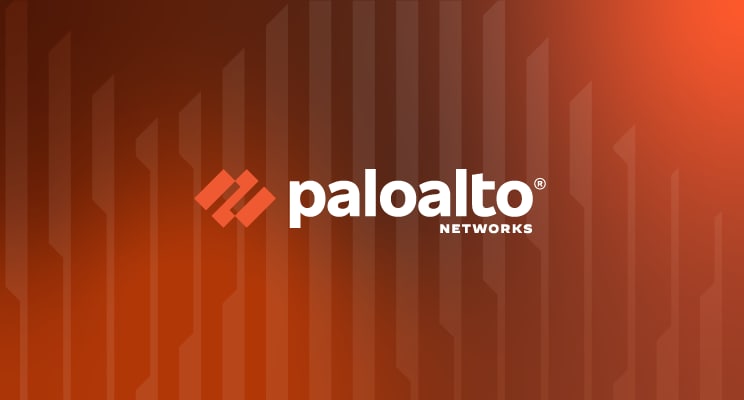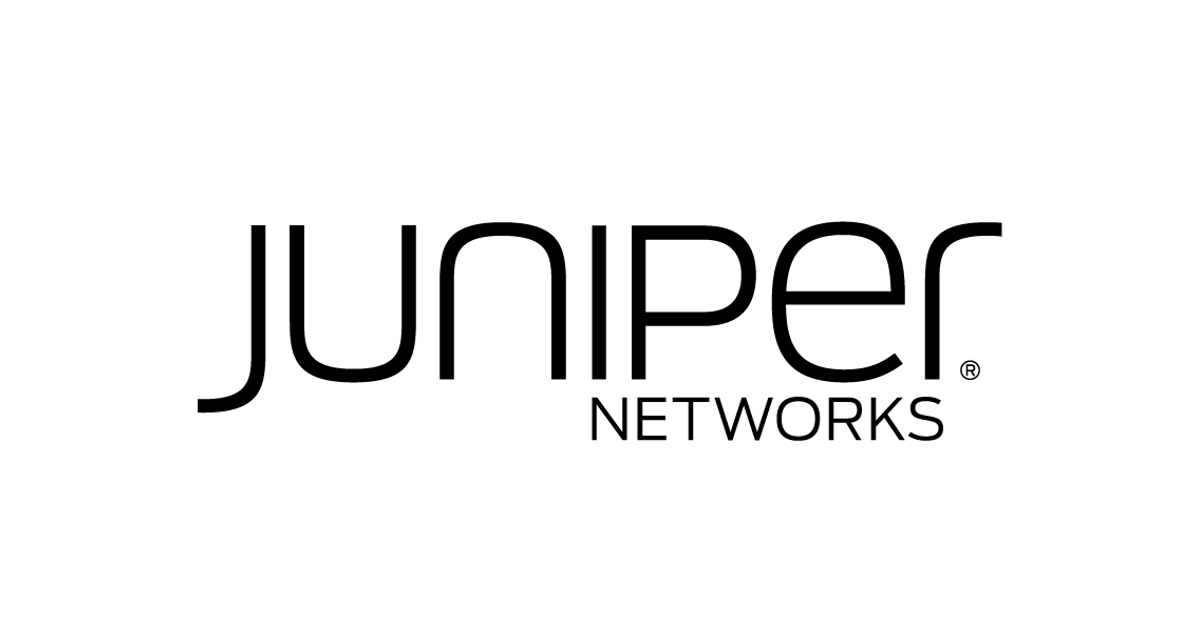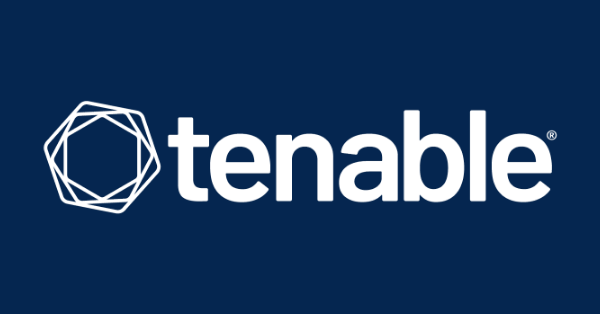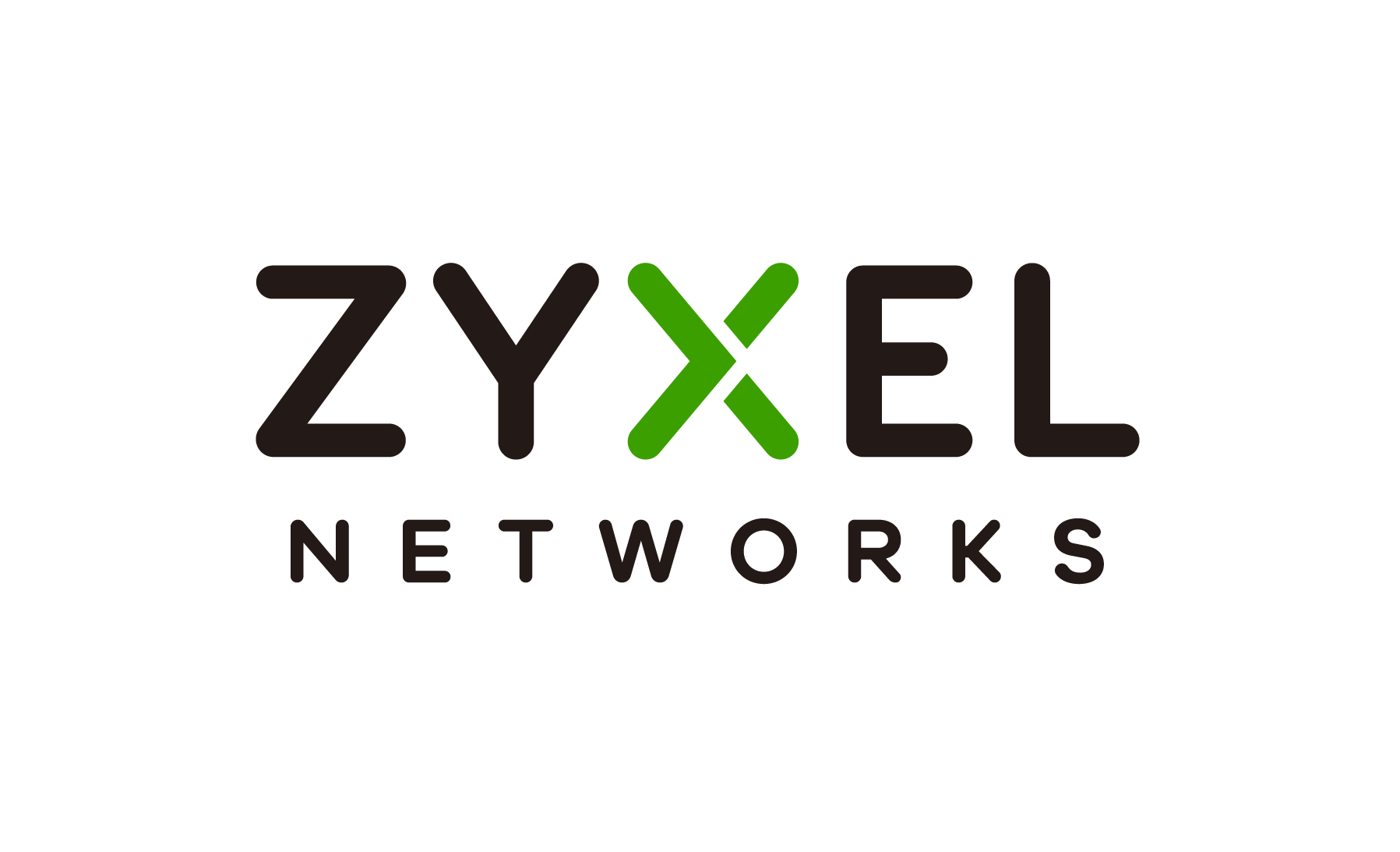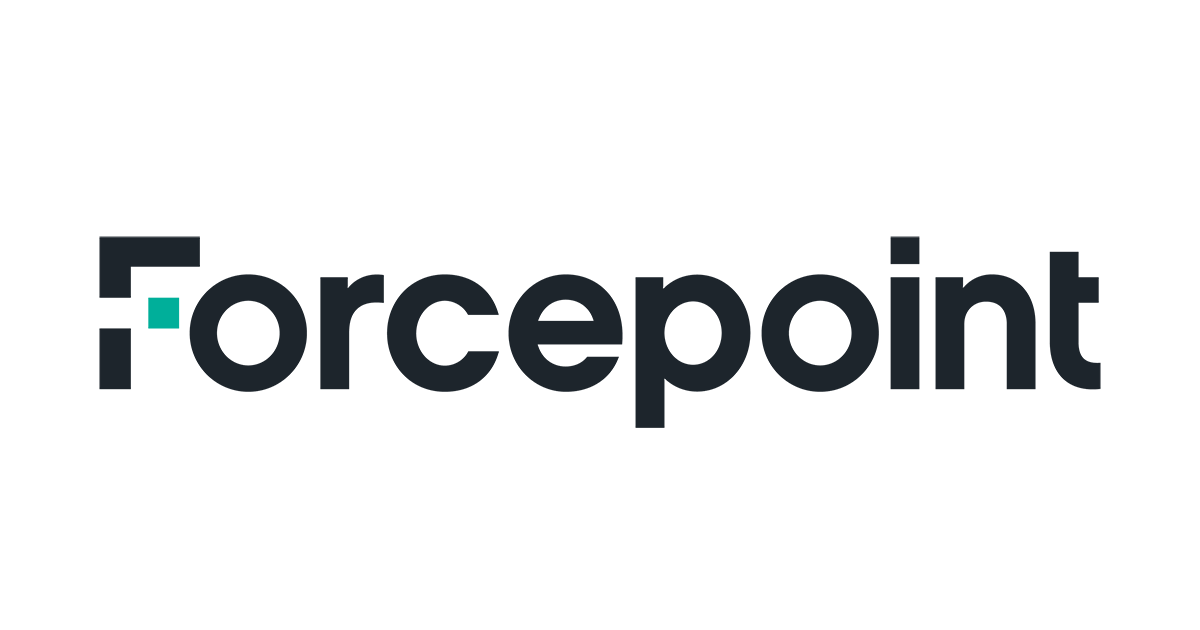Introduction
Firewall software acts as the first line of defense for networks by screening network traffic and blocking threats. With the evolving cybersecurity landscape, it is important to have robust firewall capabilities. This blog evaluates 15 of the leading firewall vendors to help you choose the right one for your unique security requirements and budget in 2023.
Methods of Evaluation
We have evaluated each vendor based on the following conventional criteria – features, performance, pricing and support. In addition, we also leveraged other modern metrics like number of backlinks, organic traffic and keyword search trends to gauge the market presence andmindshare of each company. This unique blended analysis approach provides a holistic view of how each vendor stacks up against the competition both from traditional IT evaluation lenses as well as digital marketing perspectives.
1. Huawei
Huawei is a global technology leader known for their networking products and services. Their firewall portfolio includes next-generation firewall appliances suitable for protecting large enterprise networks. The Huawei firewalls integrate advanced networking and security capabilities.
Pros: Key advantages of Huawei’s firewall solutions include their high performance to protect large networks, advanced security capabilities combined with SD-WAN technology, and strong brand recognition and presence in the Asia Pacific region vital for many global organizations.
Cons: As a newer player in the firewall space compared to established vendors, Huawei may lack the depth of third-party security integrations and experience of some competitors. Support availability could also be less robust outside of Asia Pacific regions where the company has stronger market share.
Pricing: Pricing for Huawei’s firewall appliances depends on performance needs and scale of deployment. Enterprise models with throughput starting at 10Gbps can be found for under $10,000 while high-end 100Gbps solutions may range between $50,000 to $150,000 before additional support services.
Some key stats and capabilities of Huawei’s firewall solutions include throughput speeds of up to 100Gbps, inspection of more than 6 million connections per second, and integration with Huawei’s SD-WAN offerings for hybrid WAN deployment flexibility.
2. Sophos
Sophos is a leading provider of next-generation cybersecurity solutions, including endpoint protection, firewalls, encryption and more. With over 30+ years of experience in the cybersecurity industry, Sophos delivers security capabilities designed for today’s hybrid work environments through an integrated portfolio of cloud-native and on-premises solutions.
Pros: Some key advantages of Sophos firewall software include:
– Integrated next-gen firewall, VPN and SD-WAN capabilities in a single device
– Regular software and malware definition updates to keep protection up-to-date
– Simple centralized management console for deploying and managing multiple firewalls
– Excellent technical support and assistance included with subscriptions
Cons: One potential disadvantage is that Sophos firewall appliances require an upfront purchase, though subscription-based licensing offers flexibility. Some competitors offer complete cloud-delivered firewall options with no on-premise hardware required.
Pricing: Sophos offers flexible pricing models for firewall protection, including perpetual licensing with annual support contracts or recurring subscription licenses. Pricing depends on number of users/devices protected and required features. Contact Sophos sales for an exact quote.
Some key stats about Sophos firewall software include:
– Protects over 420,000 organizations worldwide
– Provides next-gen firewall capabilities to filter web threats and block malware
– Performs deep packet inspection and application control on all monitored traffic
3. Fortinet
Fortinet is a global leader in broad, integrated, and automated cybersecurity solutions. The company’s FortiGate next-generation firewall provides organizations with critical threats prevention, zero-day protection, and unified security management from a single high-performing platform.
Pros: Some key advantages of Fortinet’s FortiGate firewall include: – Comprehensive next-gen firewall features like IPS, antivirus, web filtering, sandboxing, etc. all integrated into a single high-performance appliance. – Can scale from small businesses up to large complex networks with a wide range of form factors. – Centralized management through the FortiManager product allows configuration and policy deployment across thousands of distributed firewalls.
Cons: As with any complex security product, there is a learning curve required to fully leverage all of Fortinet’s FortiGate firewall capabilities. Initial device and license costs may also be higher than some competitors’ products.
Pricing: Fortinet offers flexible licensing and subscription options for its FortiGate next-gen firewall starting at a few hundred dollars annually for small office use and scaling up based on performance, memory, storage, and additional licensed features. There is also the option to buy the appliances with 1, 3, or 5-year renewable security subscriptions included.
Some key stats about Fortinet’s FortiGate next-gen firewall include: – Secures over 650,000 organizations of all sizes from small businesses to large enterprises and 95% of Fortune 500 companies. – Over 350,000 firewalls shipped worldwide to date. – Provides protection against over 62,000 known vulnerabilities and over 18 million network intrusions attempts daily.
4. Palo Alto Networks
Palo Alto Networks is a cybersecurity company known for its next-generation firewalls and Cortex XSOAR platform. Founded in 2005, Palo Alto Networks’ firewall software and hardware aims to protect against both known and unknown cyberthreats with advanced machine learning and artificial intelligence capabilities.
Pros: Some key advantages of Palo Alto Networks’ firewall software include:
– Strong application, user and content awareness visibility
– Next-gen firewall capabilities like IPS, advanced malware protection
– Wide ecosystem of integrated networking and security products like WildFire, Cortex XSOAR and Prisma Access
Cons: A potential disadvantage is the higher upfront and ongoing costs compared to some competing firewall solutions. However, Palo Alto Networks aims to provide a comprehensive platform approach to security rather than just point firewall products.
Pricing: Pricing for Palo Alto Networks depends on the specific firewall and software offerings. Annual subscriptions generally start around $5,000 per year for smaller deployments and can scale upwards of $100,000+ per year for very large enterprises.
Some key stats about Palo Alto Networks include:
– Over 85,000 customers globally across 150 countries
– Processes over 100 billion security transactions per day
– Protects more than 75% of the Fortune 500
5. Juniper SRX
Juniper Networks SRX Series are high-performance firewall appliances that provide networking and security for enterprise and service provider networks. The SRX Series firewalls integrate routing, switching, security services and monitoring in a single appliance.
Pros: The key advantages of the Juniper SRX Series firewalls include high throughput and scalability for large networks, flexible virtualization support for multi-tenant deployments, and robust security capabilities like IPS, antivirus and malware protection.
Cons: One potential disadvantage is that the SRX Series appliances require more technical skills and expertise to fully utilize all their advanced security and networking features compared to simpler next-gen firewalls.
Pricing: Pricing for Juniper SRX Series firewalls vary depending on throughput, number of supported users and desired security services. Basic appliances start around $5,000 while high-end models protecting very large networks can exceed $100,000.
Some key stats about the Juniper SRX Series firewalls include throughput of up to 80 Gbps, support for over 4 million concurrent connections and protection from threats like malware, viruses and intrusions for networks with thousands of users.
6. Tenable
Tenable is a leading cybersecurity and exposure management company. Founded in 2002, Tenable’s flagship product is Nessus – the world’s most widely used vulnerability scanning solution. With Nessus, organizations can identify security configuration issues, discover unmanaged assets, prioritize vulnerabilities, and assess compliance.
Pros: Some key advantages of Tenable include:
– Industry-leading vulnerability management platform
– Tight integration with firewalls allows for automated configuration audits against vulnerabilities
– Ensures security policies and configurations align with identified asset vulnerabilities
Cons: The main disadvantage is that Tenable products such as Nessus require an ongoing subscription which can be costly for large organizations with a vast attack surface to monitor.
Pricing: Tenable offers various pricing tiers for its vulnerability management solutions starting from $3,500 per year for a basic Nessus installation up to millions per year for its enterprise solution depending on the number of IP addresses/assets being scanned and supported.
Some key stats about Tenable include:
– Protects over 30,000 organizations globally
– Scans for vulnerabilities across IT, cloud, containers and IoT environments
– Over 1,500 vulnerabilities added to its vulnerability database each month
7. Zyxel
Zyxel is a leading provider of networking solutions including firewalls for SMB and enterprise customers. Founded in 1989, Zyxel has continually evolved its product portfolio to offer the latest in network security technologies. Its firewall product line includes USG, NG, and data center form factor options suitable for organizations of all sizes.
Pros: Advantages of Zyxel firewalls include competitive pricing for SMBs, a wide variety of form factors from USG to full rackmount and blade solutions, and a strong commitment to regular firmware updates and support. Zyxel’s ‘forever firewall’ promise provides ongoing security and feature updates for the lifetime of a supported product.
Cons: One potential disadvantage is that Zyxel does not have the same brand recognition as some larger network security vendors. However, their laser focus on providing reliable, full-featured solutions at affordable prices helps make up for lesser brand awareness.
Pricing: Pricing starts at around $500 for entry-level USG firewalls suitable for small offices and SOHO. Mid-range NG and high-performance data center firewalls range from $1,000 to $10,000 depending on throughput, features and form factor required. Additional support packages are available for extended support and rapid replacement options.
Some key stats about Zyxel firewalls include: Over 3 million firewall deployments globally; Continually updated Unified Threat Management (UTM) engine protects against viruses, spam, intrusions and more; Next-generation firewall options are 800x faster than traditional models and can handle over 100Gbps of throughput.
8. Barracuda
Barracuda is a leading provider of cloud-enabled security solutions. Their flagship product is the Barracuda NextGen Firewall, a next-generation firewall (NGFW) platform that provides comprehensive network, web, and application-level security. The firewall analyzes applications, URLs, and content to identify vulnerabilities and threats in both encrypted and unencrypted traffic.
Pros: Some key advantages of the Barracuda NextGen Firewall include: – Comprehensive web, email and application security features in a single integrated platform. – Easy centralized management for distributed firewall deployments via an intuitive cloud-based console. – Affordable pricing for small to mid-sized networks seeking an enterprise-grade NGFW solution.
Cons: A potential disadvantage is that the Barracuda NextGen Firewall does not offer the same performance or feature set as dedicated next-generation firewall appliances suited for very large enterprise networks.
Pricing: Pricing for the Barracuda NextGen Firewall starts at $3,000 per year for a firewall that protects up to 100 users. Larger deployments protecting 250-1000 users start at $6,000 per year. Custom pricing is available for very large enterprise customers.
Some key stats about the Barracuda NextGen Firewall include: – Provides protection for networks with bandwidths up to 10Gbps. – Offers unified threat management (UTM) capabilities including web filtering, antivirus, intrusion prevention, application control and more. – Manages security policies for over 3 million protected mailboxes globally. – Has a global network of 50+ data centers for scalable cloud-based deployments.
9. Forcepoint
Forcepoint ONE is a comprehensive cybersecurity platform that provides next-generation firewall (NGFW), secure web gateway (SWG), cloud access security broker (CASB), data loss prevention (DLP), and advanced threat protection across any application or endpoint. Forcepoint ONE takes a unified, risk-based approach to cybersecurity.
Pros: Some key advantages of Forcepoint ONE include:
– Comprehensive next-generation firewall and secure web gateway in a single platform.
– Unique dynamic segmentation and microsegmentation controls to limit risk exposure.
– Automated compliance capabilities for various regulatory frameworks.
– Advanced threat analytics and proactive risk identification through machine learning.
Cons: Potential disadvantages could include:
– May require more resources than simpler next-gen firewalls for very large and complex environments.
– Configurations and policies across modules could become complex to manage at large scale.
– Higher upfront and ongoing costs compared to best-of-breed point solutions.
Pricing: Forcepoint ONE pricing is subscription-based starting at around $50 per user annually. Pricing varies based on the number of licensed users, modules, and support/services included. Custom quotes are available on the Forcepoint website.
Some key stats and capabilities of Forcepoint ONE include:
– Protects over 35 million endpoints and filters over 2.5 trillion web requests daily.
– Deploys microsegmentation controls to limit lateral threat movement automatically.
– Analyzes over 150 million threats per day from its global threat network.
– Provides compliance for frameworks like NIST, PCI, and GDPR across network, web, email, and data.
10. WatchGuard
WatchGuard is a security company that provides network security, secure Wi-Fi, multifactor authentication, and endpoint security solutions. Founded in 1996, WatchGuard has over 85,000 customers across the globe. A key WatchGuard product is their line of all-in-one network security appliances, known as Fireboxes, which integrate network security, advanced malware protection, VPN connectivity, and more into unified security platforms designed for small to mid-sized offices and networks.
Pros: Some of the key advantages of WatchGuard products include:
– All-in-one security appliances that combine next-gen firewall, VPN, web filtering, malware blocking, and more into one device suitable for networks of any size
– Endpoint security integration via WatchGuard Endpoint Security that provides advanced threat protection for Windows, Mac, and Linux systems
– Unique Dimension threat analytics and reporting engine that provides real-time threat intelligence for early detection and response
Cons: One potential disadvantage is that WatchGuard products are best suited for small to mid-sized networks, as larger enterprise environments may require more customization options found in competing solutions designed for larger deployments. The unified platforms also have fewer configuration options than stand-alone next-gen firewalls from some competitors.
Pricing: WatchGuard offers flexible pricing models depending on the specific product. Firebox appliance pricing starts around $1,000 for smaller office networks and scales up depending on performance needs and additional security service subscriptions. Endpoint security, Dimension analytics, and other add-ons are purchased separately with annual subscription licenses.
Some key stats about WatchGuard products include:
– Over 85,000 customers worldwide across industries like education, healthcare, retail, and more
– Award-winning firewall solutions recognized by reviewers like SC Magazine
– Integrated security that protects networks, email, web traffic, and endpoints from one user-friendly interface
– Signatureless malware detection powered by WatchGuard Dimension threat intelligence
11. Riverbed
Riverbed provides network performance management, visibility and acceleration solutions that ensure excellent connection between users, applications, and infrastructure for organizations of all sizes. Its flagship SteelCentral platform provides comprehensive network performance monitoring and troubleshooting capabilities across physical, virtual and cloud environments.
Pros: Some key advantages of Riverbed’s SteelCentral firewall software include:
– Comprehensive WAN optimization and network visibility tools
– Firewall and load balancing integrated with SD-WAN and WAN solutions
– Strong service provider focused offerings allowing for easy deployment and management across networks
Cons: A potential disadvantage is that the SteelCentral platform is more geared towards large enterprises and requires significant resources to deploy and manage effectively. The learning curve may be steeper for some SMBs.
Pricing: Pricing for Riverbed’s SteelCentral firewall software is custom based on organizational size, infrastructure complexity, and additional services required. Generally it starts at $50,000 per year for basic network monitoring and firewall management.
Some key stats about Riverbed’s SteelCentral firewall software include:
– Monitors and manages over 5 million devices worldwide
– Provides visibility into network and application performance for over 1,000 enterprise customers
– Integrates network monitoring and incident response for hybrid IT environments encompassing on-premises, cloud, and SaaS applications
12. Positive Technologies
Positive Technologies is a leader in cybersecurity solutions with their flagship product being their enterprise firewall software. Trusted by enterprises worldwide to protect against both known and unknown threats, their firewall utilizes powerful stateful inspection, behavioral analysis and anomaly detection to secure network perimeters.
Pros: Some key advantages of the Positive Technologies firewall include its powerful inspection and filtering capabilities through integration with software-defined networking (SDN) infrastructure. It also features unique AI-based behavioral analysis and anomaly detection to flag unusual traffic in real-time without relying solely on signatures/definitions. Another advantage is the strong East European customer support and professional services that understand the local business and regulatory environment.
Cons: As with any AI/machine learning based solution, the anomaly detection capabilities of the Positive Technologies firewall may result in some false positives until it is fully tuned for an organization’s specific environment and traffic patterns. Initial setup and configuration could also require more resources than basic stateful inspection-only firewalls.
Pricing: Pricing for the Positive Technologies firewall solution is based on the throughput capacity required. An entry-level appliance supporting up to 100 Mbps starts at $5,000 per year. Larger enterprise-grade appliances supporting tens of gigabits per second can range from $20,000 to $200,000 per year depending on capabilities and support options selected.
Some key stats about the Positive Technologies firewall software include: can inspect up to 250 Gbps of traffic; comes pre-configured to detect over 25 million threats out of the box; has over 20 years of firewall experience and 10,000+ enterprise customers; provides centralized management and reporting of all firewalls from a single console.
13. Darktrace
Darktrace is an autonomous cyber defense platform powered by self-learning AI. Darktrace was founded in 2013 in Cambridge, UK and uses unsupervised machine learning to understand a company’s ‘normal’ network behavior and autonomously detect threats in real time.
Pros: Some key advantages of Darktrace include:
– AI-powered cyber defense platform that autonomously detects and responds to threats without human involvement or prior knowledge.
– Can detect in-progress attacks across enterprise networks, cloud environments, email, SaaS applications and industrial systems to prevent breaches.
– Learns the ‘self’ of an organization to spot the unusual and unknown threats that bypass traditional defenses.
Cons: A potential disadvantage is that as an AI-based solution, Darktrace’s algorithms are still learning and improving over time which means it may not catch every single threat initially.
Pricing: Darktrace pricing is usually based on the number of IP addresses being monitored and can range from $2,500/month for smaller organizations to $50,000/month for very large enterprises.
Some key stats about Darktrace include:
– Protects over 8,500 organizations globally across all major industries and sizes.
– Deploys AI-based defenses within minutes rather than months.
– Has detected over 1 million unknown threats to date, including ransomware, insider threats, supply chain compromises and sophisticated targeted attacks.
– Provides full visibility of all environments including cloud, SaaS, OT and IoT.
14. CAIDA ffw
CAIDA ffw is a high-performance firewall distribution developed by the Center for Applied Internet Data Analysis (CAIDA) for security monitoring and network research. Unlike consumer and SOHO firewalls, CAIDA ffw is aimed at advanced users and organizations requiring dedicated firewall appliances with extensive customization and monitoring capabilities.
Pros: The main advantages of CAIDA ffw include:
– Research-grade dedicated firewall distribution optimized for advanced network monitoring and traffic analysis
– Highly optimized for performance to handle high throughput traffic loads
– Command line driven without GUI for full customization and automation
– Extensive logging, filtering and traffic shaping capabilities for security monitoring
Cons: As a distribution focused on research and advanced configurations, some potential disadvantages of CAIDA ffw include:
– Steep learning curve and requires advanced Linux skills to fully utilize capabilities
– Lacks a full-featured graphical user interface for ease of use
– Not aimed at home or small office use cases with simpler firewall needs
Pricing: CAIDA ffw is freely available to download and use without cost. However, it requires deploying on dedicated firewall hardware sized accordingly for the intended network throughput and user base.
Some key facts about CAIDA ffw include:
– Actively developed and maintained by CAIDA for over 10 years
– Used by top research universities and ISPs for border security
– Supports firewalling and traffic filtering at multi-gigabit speeds
– Customizable to integrate a variety of third-party network security tools
15. Checkmarx
Checkmarx is a leading Application Security Testing (AST) company that provides web and mobile application security testing solutions. Founded in 2006, Checkmarx helps organizations such as Citigroup, Sprint, Target, and more develop more secure software. One of their key solutions is the Checkmarx Firewall which is a firewall configuration management and security testing software.
Pros: Some key advantages of the Checkmarx Firewall include:
– Leading SAST platform integrated with firewall rule management
– Automates security reviews of firewall changes and policies
– Ensures policy changes don’t inadvertently open vulnerabilities
– Reduces risks from misconfigured firewall policies and rules
Cons: A potential disadvantage is that it requires significant configuration and customization to integrate fully with an existing firewall and network infrastructure.
Pricing: Pricing for the Checkmarx Firewall solution is not publicly listed but is available upon request. Pricing is typically based on the number of applications, files, and code bases that need to be scanned and monitored on a monthly or annual subscription basis.
Some key stats about Checkmarx and the Checkmarx Firewall product include:
– Protects over 50% of Fortune 100 companies
– Scans over 50 billion lines of code annually
– 15+ years of industry experience in application security
– Checks for vulnerabilities in firewall configurations and policies
Conclusion
Evaluating firewall software can be complex due to the wide range of available options and unique needs of each organization. This blog analyzes 15 top vendors using conventional IT evaluation methodologies along with modern metrics to comprehensively compare their offerings. We hope this guide provides useful insights to help you shortlist and choose the best firewall software tailored to your specific security posture and business objectives for 2023 and beyond.






